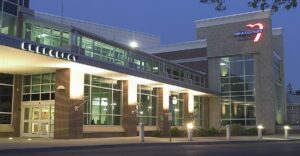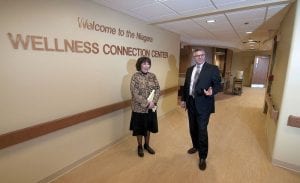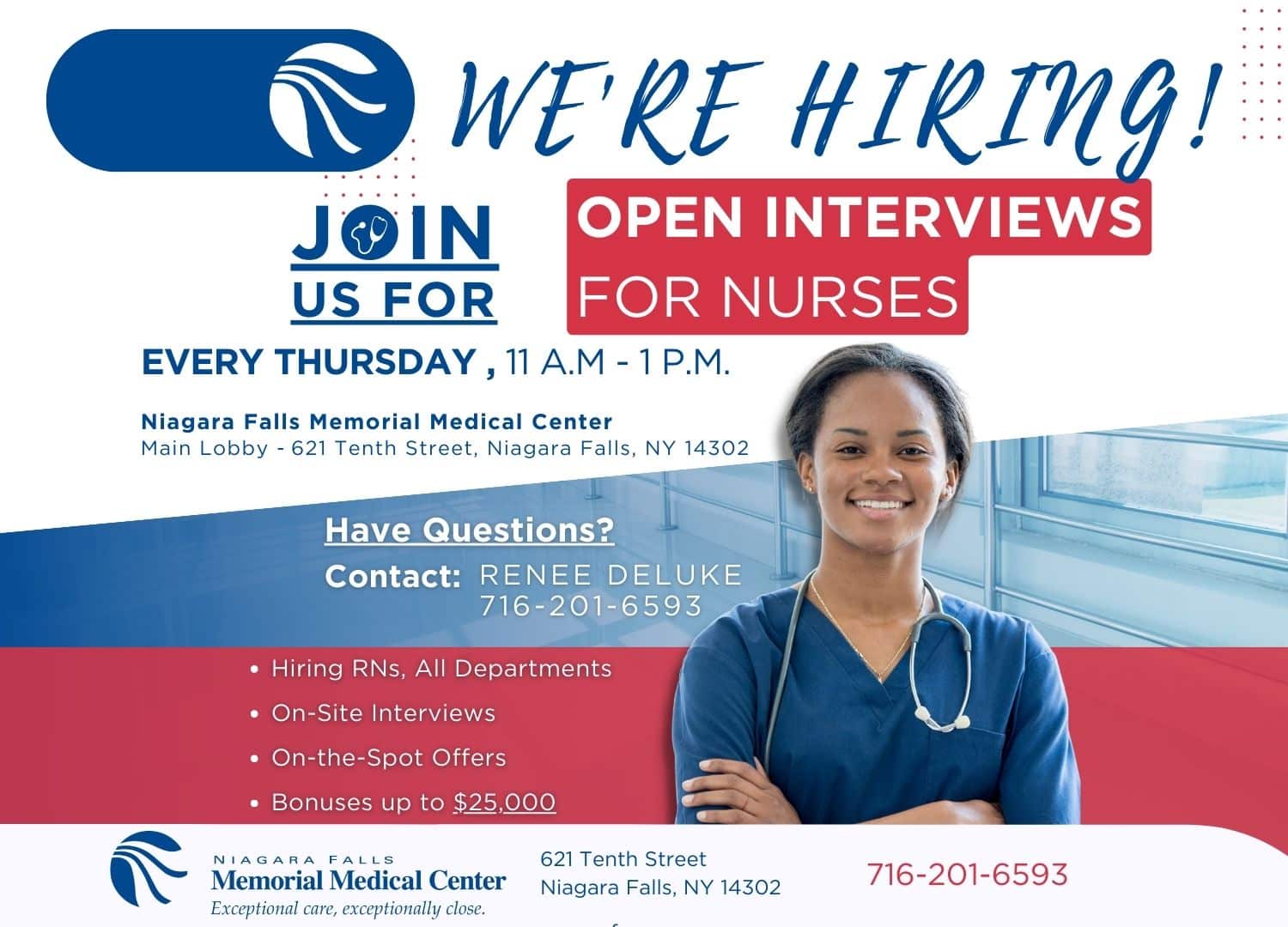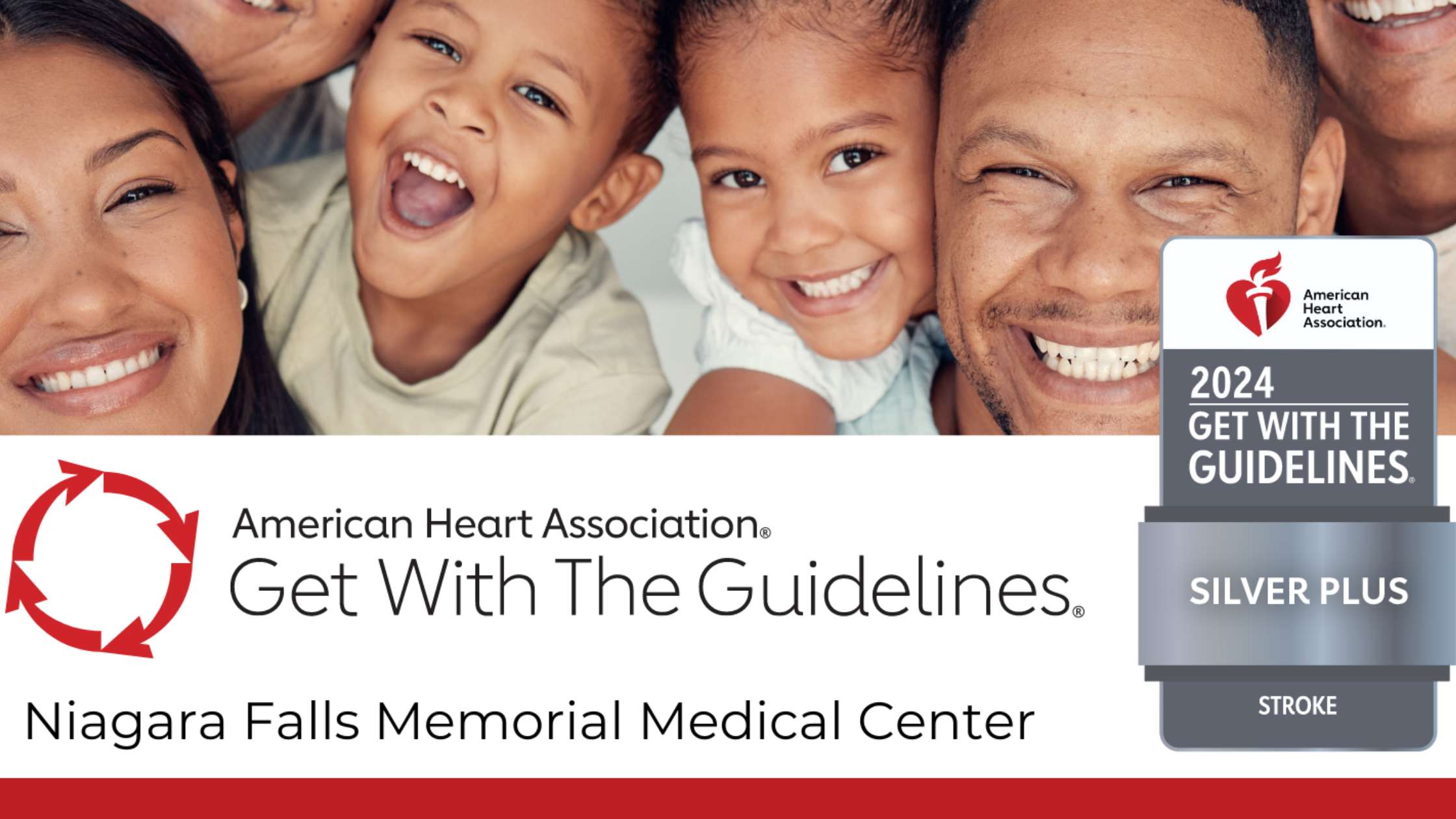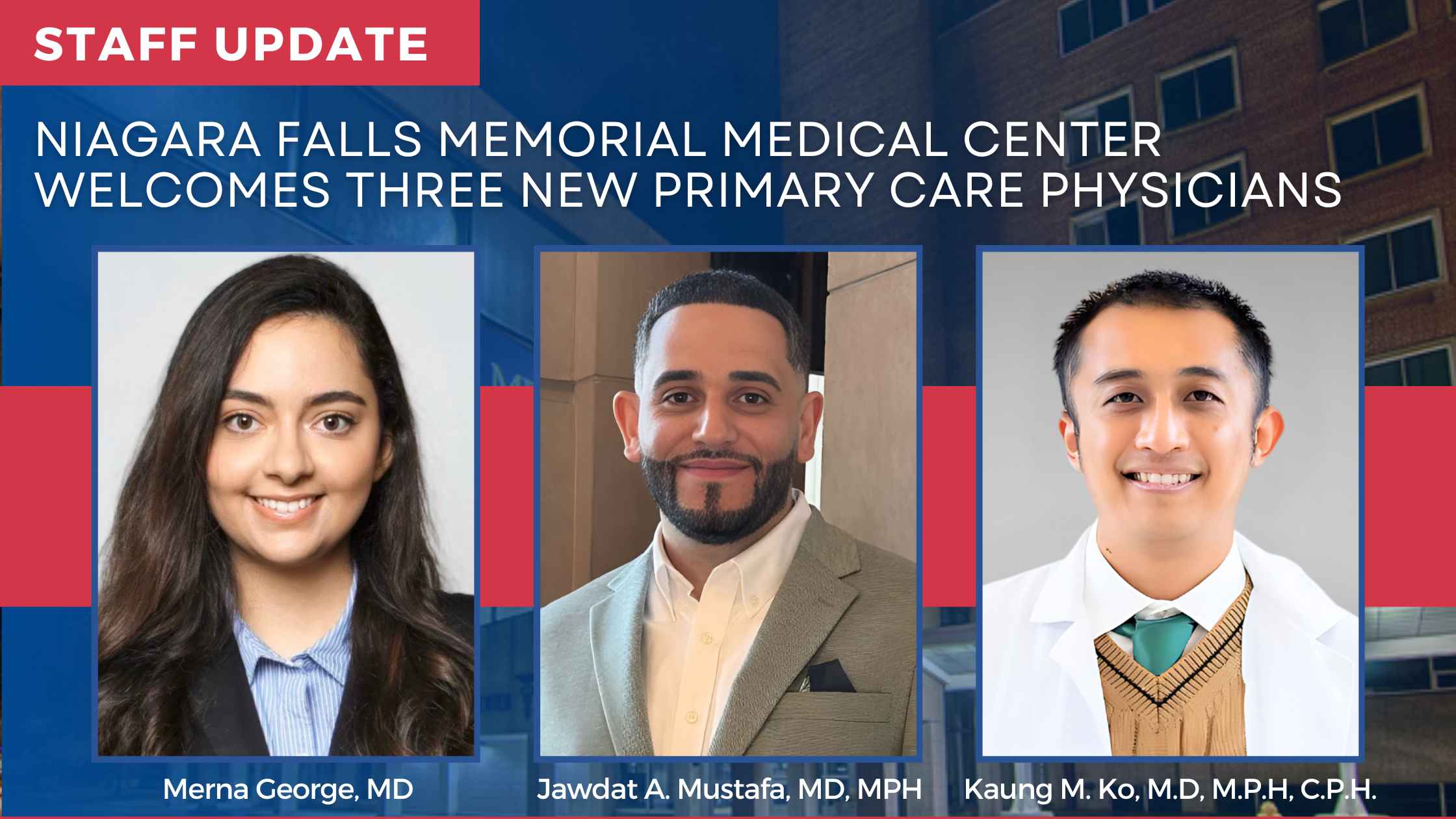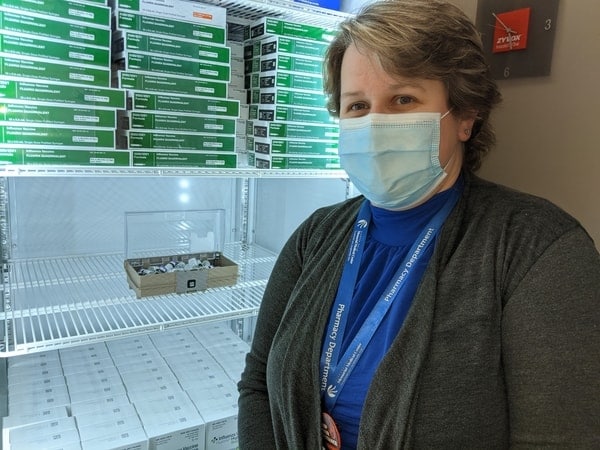
Michelle Lewis, Director of Pharmacy
Answers frequently asked questions about the vaccine. NOte: the vaccine is not yet available to the general public.
Michelle Lewis, Director of Pharmacy at Niagara Falls Memorial Medical Center answers some of the frequently asked questions about the vaccine.
Note: this is not yet available to the general public. We are following the state and federal guidelines on prioritization.
Is there COVID virus in the vaccine?
No, this is not a live virus. The vaccine has been developed to give instructions for our cells to make a harmless piece of a spike protein similar to what is on the surface of the virus. Once the protein is made by our cells, we get rid of the “instructions” from the vaccine and then our immune system builds natural antibodies, thus giving us some protection.
What are the most common adverse reactions seen here at NFMMC?
Based on feedback from employees that have had the vaccine here at NFMMC, we are seeing mainly a sore arm for about 24 hrs. Some have also said they had a mild headache and felt tired. On a smaller scale, staff have said they had a low fever and were a little nauseous. Overall, there have not been any serious reactions here. Most staff have said it wasn’t nearly as bad as they thought and were generally pleased with the process and how quickly and painless the actual shot was. We hope to continue this trend!
Based on the clinical studies, you should be prepared for a potential increased chance of adverse effects (arm soreness, headache, fatigue, etc.) with the second dose. This is normal and related to the antibody development and re-exposure to the mRNA proteins.
What if I’ve had COVID previously?
You may have developed some protection through antibodies, but the level of protection isn’t well known at this time. It is recommended to still receive the vaccine as long as you are outside of the quarantine period, asymptomatic, and not showing signs of active disease (all typically after 10 days from the start of symptoms)
Patients who have received monoclonal antibody treatment should wait 90 days before receiving the vaccine.
If I get COVID after receiving the first vaccine dose, what does that mean?
The active disease is not related to the vaccine itself, as it does not contain a live virus. You may have already been infected, just without symptoms, and then started to show symptoms after the vaccine. Also, protection from the vaccine is not immediate.
When will the vaccine start to work?
In the Pfizer vaccine studies, protection was seen starting around day 12 after the first shot, providing about 52% effectiveness. Around 7 days after the second dose, this went up to 95%.
Similar results were seen with the Moderna vaccine.
Do I still need to wear a mask, social distance, etc.?
Yes, proper precautions should still be in place, as the best prevention is a combination of the vaccine and continuation of these guidelines. As stated above, protection also is not immediate.
Can I spread COVID even after getting the vaccine?
The vaccine may protect you from getting serious symptoms or general illness, but you can still potentially be a carrier of the virus and contagious to others.
Will the vaccine interfere with a COVID test?
No, the vaccine will not cause a positive PCR or antigen test.


